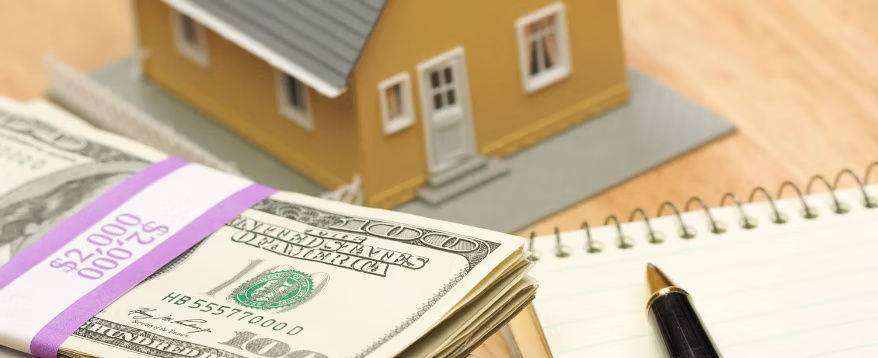8 Tips You Must Know Before Buying a Home in the U.S
- Marketing Alpha

- May 3, 2025
- 3 min read

1. Considering the length of residence, it is expected that the property will be held for at least five years

Buying a house is an important investment in life. It is not only a place to shelter from the wind and rain, but also a home. When buying a house, you need to consider long-term residence and choose a house that you like and is suitable for long-term residence. According to the Zillow report, 60% of homeowners have lived in the same house for at least 10 years, more than 20% have lived in it for at least 20 years, and nearly half of the homeowners have always lived in their first house. Therefore, when buying a house, you must choose an ideal house to meet your current and future living needs.
2. Buy a house to improve your quality of life, not just for investment purposes

Although it is an economic investment, the market is unpredictable and it is difficult to make huge profits in the short term with just one house. For homeowners who only have one house, no matter whether the housing market rises or falls, it will not affect their lives much, because this house is mainly to meet their living needs. When buying the first house and subsequent houses, you should focus on the quality of life, not just for investment returns.
3. Focus on the features that matter to you and don’t be distracted by unnecessary information

When looking for a house, you should be clear about your needs and focus on the most important aspects. Many impractical features will increase the cost of buying a house. If you do not start from your own needs, you may find that your life needs are not met after buying a house, which will waste money. Before choosing a house, list the needs you care about most and prioritize these for screening.
4. Set a budget limit and only look at properties within your budget

When buying a house, you must first consider your budget and determine the price you can afford. It is very necessary to strictly control within the budget, because buying a house may exhaust your savings. Buying a house beyond your budget may lead to a life crisis or even losing your house. In the face of fierce market competition, especially for popular houses, you should rationally evaluate the market and your own situation before buying, set a budget ceiling, and consider aspects that can be compromised within the budget.
5. Keep a living reserve

When buying a house, in addition to the down payment, you should also set aside a certain amount of reserve funds. It is best to separate this part of the funds from your daily account and not use it unless it is important. The reserve funds should be able to support your life for at least a few months in case of unexpected expenses or unemployment. With a reserve fund, you will feel more secure in facing various life situations and will not be at a loss.
6. Get loan approval in advance

For safety when buying a house, you can choose a commonly used 30-year or 15-year fixed-rate mortgage. Of course, if the fixed interest rate is high, you can choose other methods. If the interest rate is low, you can lock in the interest rate and apply for a 30-year mortgage. Getting loan approval in advance can prove to the seller that you can afford it and are a reliable buyer, which will improve your competitive advantage. It is best to control the mortgage to one-third of your after-tax income, otherwise excessive monthly repayments will affect your life. One-third is a more stable standard.
7. If you expect an offer to be rejected, let it go.

Buyers should decisively deal with situations that do not meet their expectations during the house-hunting process. There is always fierce competition for popular houses, and many good houses may not necessarily be available to you. Therefore, when looking for a house, you should have more options. If you encounter a house you are interested in, but the seller does not accept the offer or the house inspection shows hidden dangers, you should let it go in time and do not exceed your budget and needs.
8. The ideal down payment ratio is 20%

If economic conditions allow, the down payment ratio should be 20% or more . A higher down payment ratio will give you more advantages in the competition and will result in faster transactions. The more down payment you make, the less loan and interest you will have.
Be fully prepared



Comments